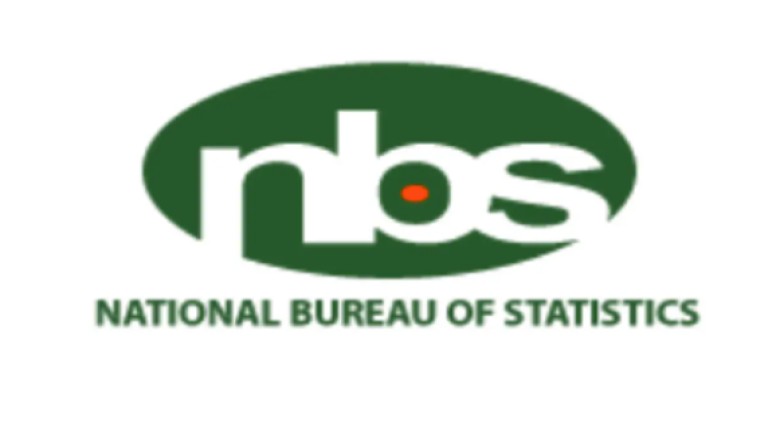In a span of six months, companies increase salaries by N4.6tn, reports NBS
In response to the escalating inflation in the nation, companies augmented their staff members' salaries by 18.35%, amounting to N29.45 trillion in the initial six months of 2023. This information is derived from the 'Nigerian Gross Domestic Product Report (Expenditure and Income Approach): Q1, Q2' by the National Bureau of Statistics. Compensation of employees, encompassing total remuneration in cash or kind disbursed by employers to employees for their services, rose from N24.88 trillion in the first half of 2022 to N29.45 trillion in the corresponding period of 2023.
This salary increase coincides with the deteriorating economic conditions in the country, where workers are grappling with elevated prices and an increased cost of living. The NBS noted, "In Q1 and Q2 of 2023, the Compensation of Employees grew by 15.08% and 19.41%, respectively, in real terms year-on-year."
"These growth rates surpassed the rates recorded in Q1 and Q2 of 2022, which were 6.48% and 3.93%, respectively. On a quarter-on-quarter basis, Compensation of Employees (CoE) in real terms declined by 3.33% in Q1 and increased by 11.25% in Q2 of 2023. In nominal terms, the compensation of employees experienced growth by 16.03% in Q1 and 20.50% in Q2 of 2023."
The National Bureau of Statistics (NBS) defines compensation of employees as "the total remuneration in cash or in kind payable by employers to employees for the work done. Direct social transfers from employers to their employees or retired employees and their family, such as payments for sickness, educational grants, and pensions that do not set up an independent fund, are also imputed to compensation of employees."
During the reviewed period, companies, including Small and Medium Enterprises (SMEs), expanded their operating surplus to N67.56 trillion, marking an 11.93% rise from the N60.36 trillion recorded in the first half of 2022.
The National Bureau of Statistics (NBS) defined operating surplus as "the profit that remains for firms after costs have been covered. It includes the profit of those who are self-employed, which is often included in the national accounts under the entry 'Mixed Income.' It is calculated as a residual."
Record-high inflation and the elimination of the fuel subsidy have diminished the purchasing power of Nigerians, intensifying poverty in the country. By the conclusion of the reviewed period, inflation surged to 22.79% (currently standing at 27.33% as of the end of October), marking a 4.19 percentage point increase from the 18.60% recorded in June 2022.
In 2022, the World Bank cautioned that Nigeria's escalating inflation had eroded the N30,000 minimum wage by 55%, expanding the poverty net and impacting an estimated five million people.
Alex Sienaert, Chief Economist at World Bank Nigeria, emphasized, "The cumulative inflation between 2019 and 2022 was 55%. Households' purchasing power has plummeted, and the real minimum wage in 2022, after accounting for inflation, is N19,355, while in dollar value, it is $26 after adjusting for both inflation and exchange rate depreciation."
He noted that the minimum wage, standing at $82 in 2019, has dwindled to $26. The lending institution recently revealed that in 2023, between January and May, approximately four million Nigerians were thrust into poverty.
The institution stated, "The erosion of purchasing power due to high inflation has resulted in a short-term increase in poverty, pushing an estimated 4 million Nigerians into poverty between January and May 2023."
The Bretton Woods Institution predicts that an additional 2.8 million Nigerians will plunge into poverty before the year concludes. Irene Smith, a banker based in Abia State, lamented, "My salary doesn't even last up to two weeks anymore. When you get to the market, you can't even buy anything because of the way prices keep increasing."
A recent report by Afrinvest (West Africa) Limited earlier this year revealed that high inflation has eroded the minimum monthly wage by more than 40% since 2019.
























Leave A Comment